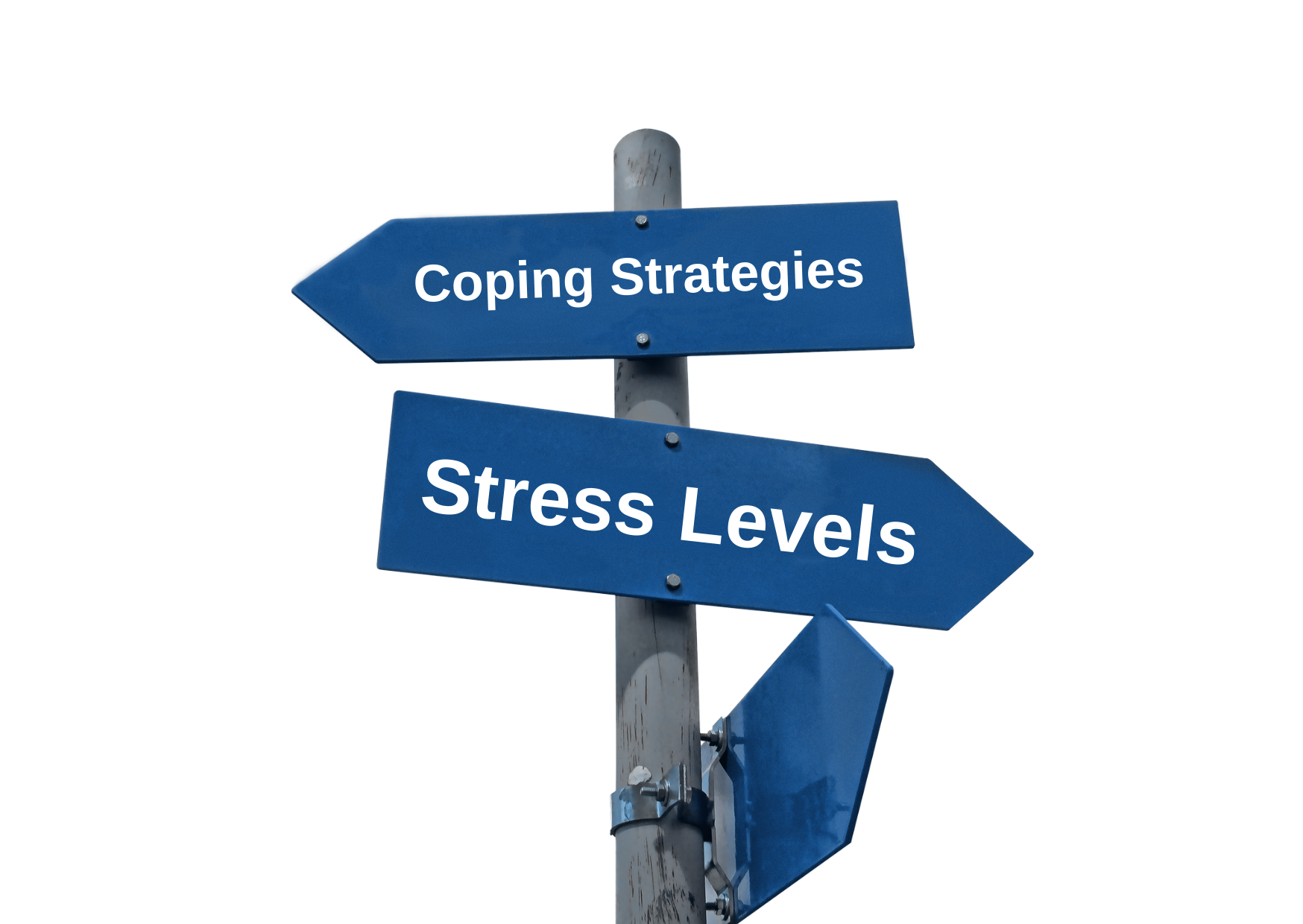
Why is stress management and coping strategies important for students, parents, and teachers to thrive during the upcoming
school year?
The ultimate goal we all have in life is to have a more balanced life. A life that is happier, stress-free, and more productive.
If we don’t learn (even from a young age), how to better manage our stress, we will never achieve that balance in school. Uni, work, in our relationships, or even when having fun. Building resilience and using coping strategies are thus super important and the sooner we can learn these vital steps, the more balanced our lives will be.
What are some coping strategies for students?
- Mindfulness: by practicing mindfulness daily, students can not only improve their focus and concentration, but also their awareness of their own emotions and emotions of those around them. It will also reduce the negative effects of stress, making them feel calm in mind and body.
- Quality Sleep: Kids may sometimes be naughty or push the boundaries for staying up a little bit later – to have more playtime, to finish that game, or watch that tv programme.
University students push those boundaries all the time and easily exchange sleep for a party, binge watching a series or studying until late at night.
However, sleep is the most important thing for anyone to be able to concentrate better, think clearly, be alert, focus and not feel stressed out. - Exercise: Not only will students be healthier and stronger, but it will actually improve their self-esteem, their academic scores and their concentration. It will also allow them to socialise with others, feel more connected, release feel-good hormones and ultimately reduce their stress and anxiety.
- Progressive Muscle Relaxation: This is a simple, yet effective tool for stress relief. It’s all about tensing a muscle group, holding it for a few seconds and then releasing the tension. For example, tensing your fists and then releasing the tension. It helps by increasing a persons awareness to the sensations associated with stress and tension and in turn help you deal with the physical effects of stress. This technique is usually done in hypnotherapy as well, thus searching for a Progressive Muscle Relaxation Hypnosis session online may help you relax even further.
- Guided Meditation or Hypnotherapy Sessions: the younger the student, the more imagination they have! Kids are dreamers and can easily visualise and think up some amazing stories. By listening to guided mediation sessions found online, it can help students disappear into a magical world and forget all about their stress, fears and worldly worries for a moment. It can also help them relax more than they’ve ever relaxed before and because of this deep relaxation it can allow the subconscious mind to do much needed repair work or come up with it’s own solutions and answers to problems they may be struggling with.
Coping strategies for parents?
- Focus on the positive: When stressed, people tend to focus on the negative things. The problem with that is that you may catastrophise or assume the worst possible things, but that could potentially provoke negative behaviour from other people or even your kids. It will also cause you to continuously spiral into a negative mood. The worst is that negative thoughts activate the stress circuit in your brain, causing even more stress and anxiety.
Thus, focus on the positives. Train your brain by avoiding negative talk, disturbing media, triggers for stress and perhaps include positive affirmations. - Focus on the good: This goes hand in hand with the above. We know how negative thoughts and trigger and increase our stress, so we need to actively improve our moods by gaining positive content for our brains. This can be done by volunteering or acts of kindness, caring for others. It can also be achieved by spending time with pets, doing something fun with family or socialising with friends. By focusing on the good, it can actually deactivate stress in your brain.
- Seek professional help: Sometimes things can just become too much for any parent to handle – death, illness, trauma, unforeseen circumstances. Don’t try and deal with this alone. Get professional help from a mental health professional such as a counsellor, psychotherapist, hypnotherapist, psychologist etc.
- Take time out and practice self-care: If you are not available for days or weeks on end, who is going to take care of your children? Stress, breakdowns, and illness, among other things, have a way of sneaking up on you. You think you’re coping, that you can push through just one more day, but suddenly something unexpected happens, the icing on the cake, and you get flu, a mental breakdown, or worse – a heart attack! So, what’s next? Now you’re obliged to take a break, and the recovery time is sometimes much longer than anticipated. If only you could unwind more frequently. If only you were more self-aware. If only you had small daily, healthy habits to fall back on in good times and bad. In retrospect, it’s always too late.
Coping strategies for teachers and school employees?
- Practice Emotional First Aid: Here is a link to refer to for guidance.
- Be aware of your stress triggers: Make a list of things that mentally and emotionally drains you. Then write down one, maybe 2 strategies that will help you cope with each one. When your stress events occur, take advantage of the opportunity to put your coping strategies to the test and see if it works for you.
- Time Management: I found this wonderful book written by Rob Pelvin where he explains quite a few stress coping practices, including time management, pupil management and more. Definitely worth a read and it’s free. Click here.
- Practice Deep Breathing: It may sound like a cliché, but that is because it works! May favourite is the 4-7-8 breathing technique, but just counting to 10 and breathing deeply can also make a world of a difference to your boiling point.
Conclusion
Of course, there are dozens of different coping strategies that I have not even mentioned here. The key is to find coping strategies that actually work FOR you. It is pointless trying one or two and then give up and say they didn’t work. Also, remember that not every cooping strategy will work for every situation.
Your best bet would really be to make a Coping Strategies checklist for yourself and for your kids/students and when the stress levels run high in class, at home or at work, pull out your checklist and use a couple to help you bring those levels down.
Don’t delay until later. Some of these can really bring you instant relief.
Please see below PDF attachment of a Checklist you can download.

